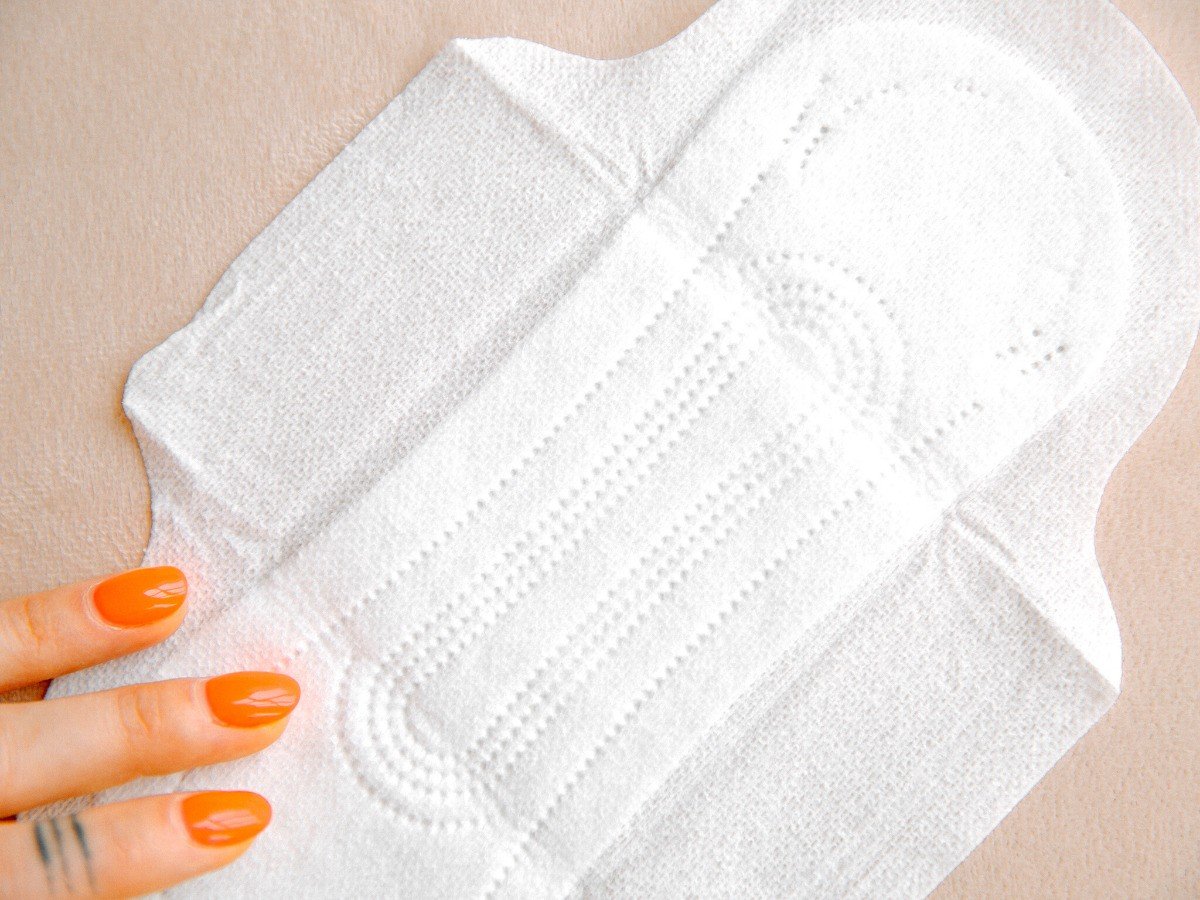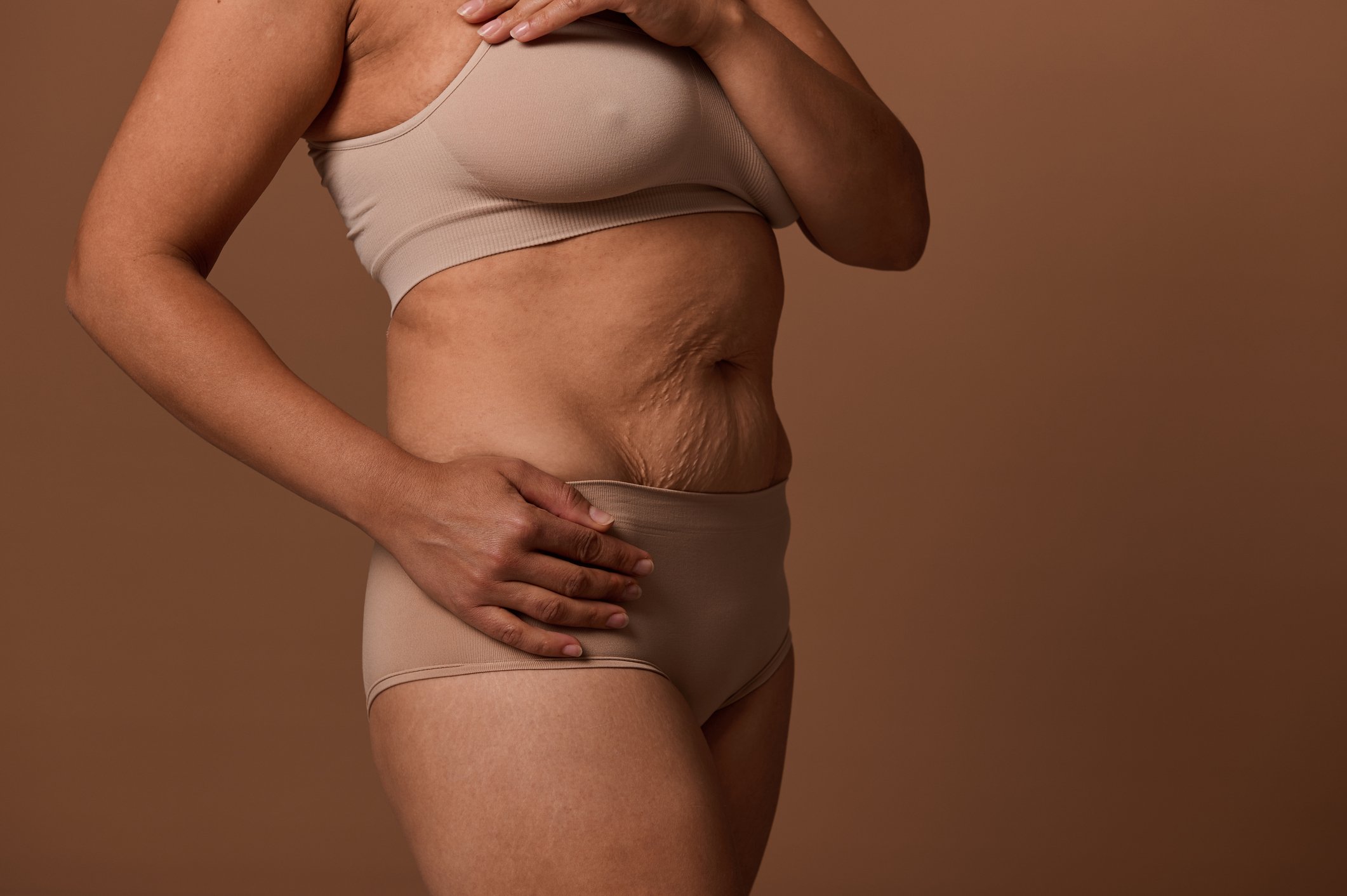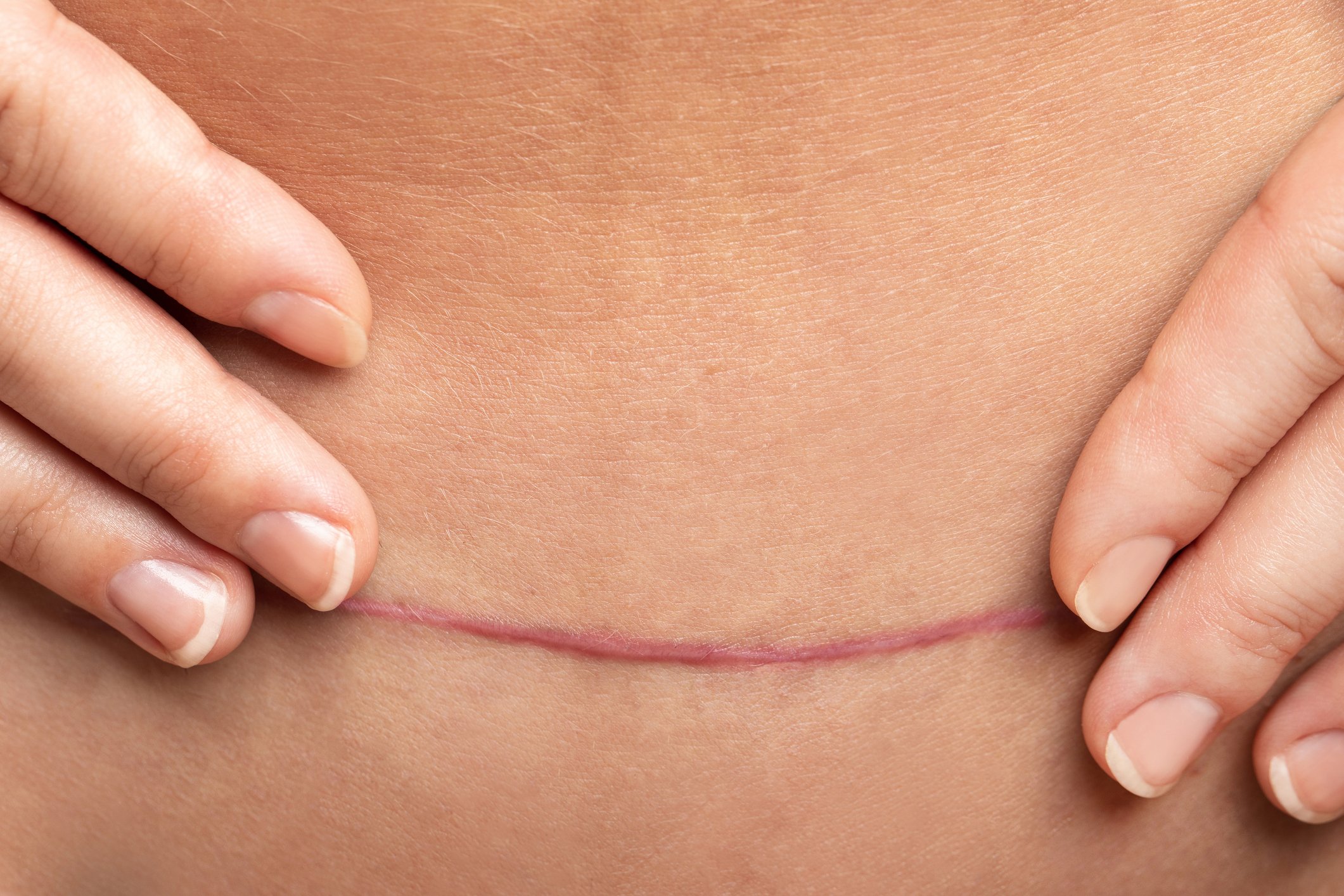Bladder leaks, also known as incontinence, can happen to many women, especially after childbirth. This means you might leak a little pee when you laugh, cough, sneeze or jump.
While you can use period pads to try and catch these leaks, they’re just not built for the job – and what you should really be using are incontinence pads. Please don’t worry, these are not for old ladies, they are made for everyone who wants something that works. And with MUTU in your arsenal, you won’t be using them forever!
Here are 6 reasons why you should use incontinence pads instead of wasting your money on period pads for the wrong job.
Absorbency
Incontinence pads are designed to absorb much more liquid than period pads. This is because pee flows more rapidly than menstrual blood, as it’s not as thick, and incontinence pads need to be able to keep up with the volume of liquid.
Incontinence pads are around 4 times more absorbent than period pads! Think of it this way, if period pads can hold around 100ml of liquid, while incontinence pads can absorb up to 300-400 ml or more.
The Science Bit…
Period pads are primarily made of soft absorbent materials like cotton or rayon.
Incontinence pads, like TENA pads, have super absorbent polymers known as SAPs to handle larger volumes of liquid. SAPs are tiny beads that are hydrophilic, meaning they attract and hold water, effectively transforming into a gel-like substance that traps urine and prevents leakage.

Leak protection
Both period pads and incontinence pads have leak protection features to prevent urine from escaping.
Period pads usually have wings that help secure them to your underwear and prevent side leakage.
But incontinence pads often have additional leak guards, such as wider wings or dual barriers, to provide more protection at the edges, where leaks are more likely to happen.
Odour control
Incontinence pads are specifically designed to control odour, as urine can be smelly and you do not want that smell to leak out so you or anyone else can smell it.
Incontinence pads often include odour-neutralising agents or fragrances to mask any odours and maintain freshness so you can wear them for a long time before you need to change them, especially if you’re away from home and you’re not sure where the nearest toilet is.
The beads in TENA pads prevent the development of ammonia, so that bacteria doesn’t grow and the pads stay feeling fresh.
Period pads are usually not as heavily scented or odour-controlling, as menstrual blood doesn’t produce as strong a smell.
Discretion
Both period pads and incontinence pads come in a variety of sizes and shapes to match up with different needs and preferences.
Incontinence pads are generally designed to be more discreet, with a thinner pad and less noticeable designs. You can also get disposable underwear with incontinence pads built in.
Better comfort for your skin
Incontinence pads often wick away moisture from your skin, so it does not pool in one spot. This helps keep the skin dry and prevent irritation or infection.
In fact, TENA pads can help keep your skin dry for up to 12 hours.
If you want to add an extra layer of protection for your skin, you can use ointment to act as a skin barrier, which is the same stuff you get to protect a baby’s bottom from nappy rash.
So if you are experiencing bladder leaks, watch the video to find out 8 ways to handle bladder leaks after you’ve given birth, and what you can do to fix the problem and feel like you again.
Here’s a summary table of the key differences between period pads and incontinence pads:
| Feature | Period Pads | Incontinence Pads |
| Purpose | Manage menstrual blood | Control bladder leaks |
| Absorbency | 50-100 ml | 300-400 ml or more |
| Materials | Cotton, rayon | Cotton, rayon, SAPs |
| Leak protection | Wings, leak guards | Wider wings, dual barriers |
| Odor control | Minimal | Odor-neutralising agents, fragrances |
| Discretion | Average | More discreet |
How the MUTU programme can help
Are you tired of constantly worrying about bladder leaks or rushing to the bathroom?
Firstly understand that postpartum bladder leaks are common but treatable. Pelvic floor exercises for weak, overactive or a leaking bladder can be a game-changer in improving bladder control and reducing the embarrassment and inconvenience of your urinary incontinence.
By strengthening the muscles that support your bladder, you can regain confidence and enjoy a better quality of life.
Whether you’re a new mum or experiencing perimenopause, the MUTU pelvic health recovery programme recommended by TENA helps you fix the problem, not just manage it. Sign up for a free 10 day trial today.









